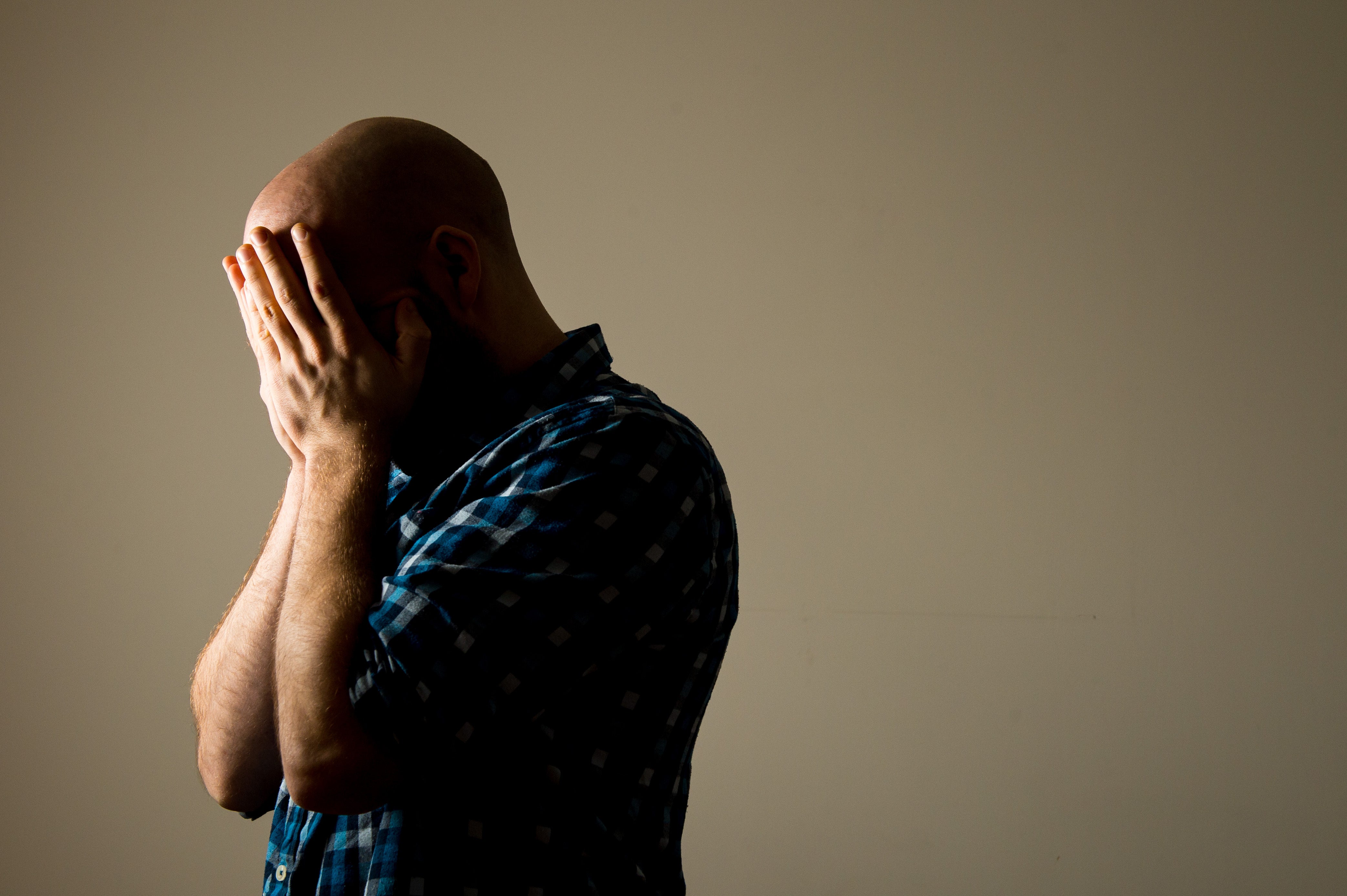One in three adults affected by Britain’s housing emergency, says Shelter
Race, disability and sexuality are among the barriers to finding a safe home, the charity said.

Around a third (34%) of adults across Britain are affected by the “housing emergency”, according to Shelter.
The charity questioned 13,000 people in April about their home and housing experiences. These results were also combined with Government data on homelessness.
People were defined as being affected if they agreed with at least one statement from a selection.
This included that they do not have enough bedrooms, or that their home is mouldy, damp or cold, or unsafe, or that they have had to cut spending to afford housing costs, or that they are worried about losing their home, or have been discriminated against because of their race, gender, sexuality, nationality, or religion.
Shelter said black people are 70% more likely to be affected than white people, and Asian people are 50% more likely.
Decades of neglect have left Britain's housing system on its knees
It also found that more than half (54%) of people with a significant disability do not have a safe or secure home, compared with 30% of people without a disability.
And two-thirds (65%) of single mothers do not have a safe or secure home, according to the findings.
Low-income households on less than £20,000 a year are 70% more likely to be affected than households earning £40,000 to £45,000 a year, Shelter said.
And 40% of gay and 49% of bisexual people are affected by the housing emergency, compared with 32% of heterosexual people, it added.
The charity also found that 23% of people are living in homes with significant damp, mould and condensation, or cannot keep warm in winter.
One in 12 (8%) report regularly cutting back on essential items such as food and heating to pay their housing costs. And 8% are worried about losing or being asked to leave their current home – many of them private renters.
Shelter wants the Government to build at least 90,000 good-quality social homes a year.
Chief executive Polly Neate said: “Decades of neglect have left Britain’s housing system on its knees. A safe home is everything, yet millions don’t have one. Lives are being ruined by benefit cuts, blatant discrimination and the total failure to build social homes.”
A Ministry of Housing, Communities and Local Government statement said: “It is unacceptable for people to live in unsafe accommodation and that is why we have given councils stronger tools to crack down on rogue landlords, including fines of up to £30,000 and banning orders.
“We’ve also announced major reforms to support tenants, including our Charter for Social Housing Residents, that will provide greater redress for residents, better regulation and improve the quality of homes.
“We’re providing over £750 million this year alone to tackle homelessness and rough sleeping and are investing over £12 billion in affordable housing.”
Bookmark popover
Removed from bookmarks